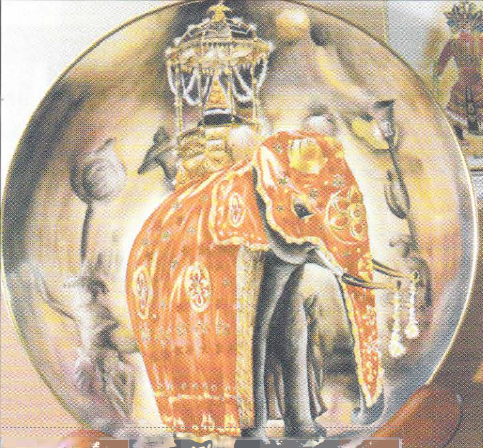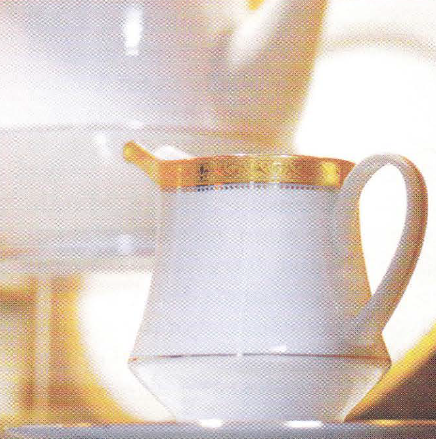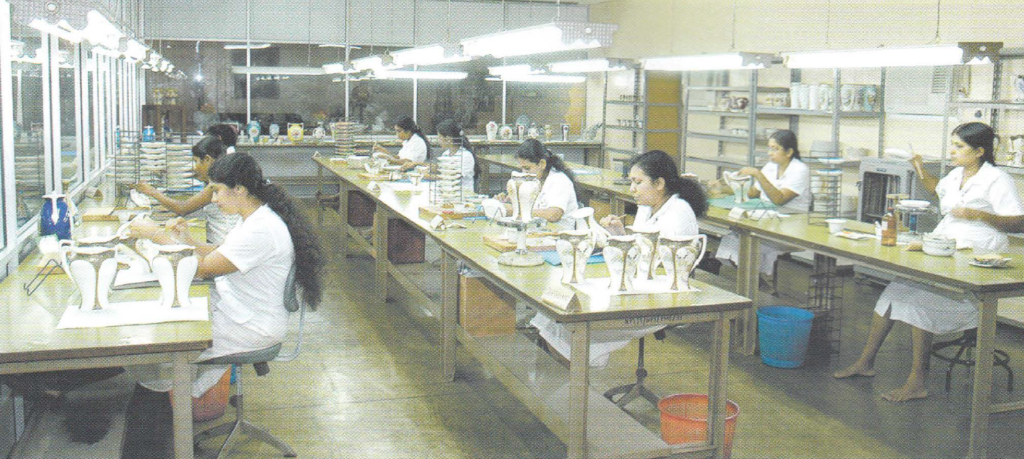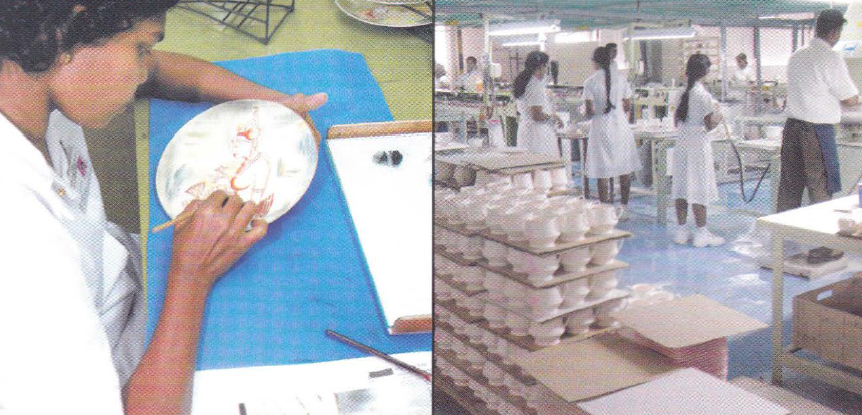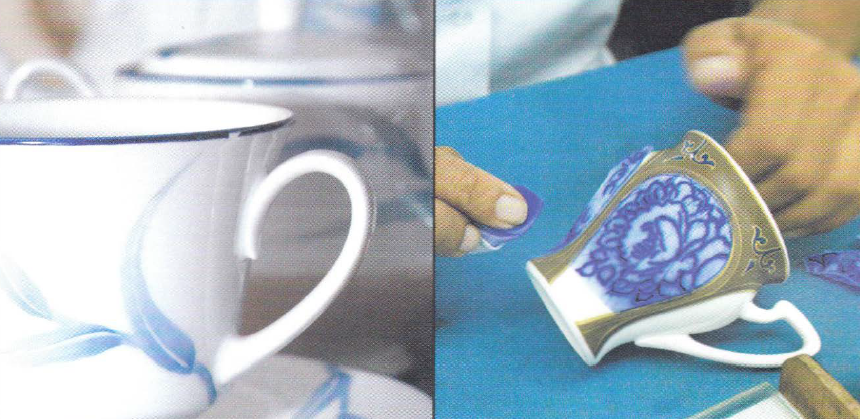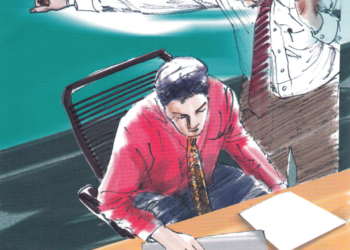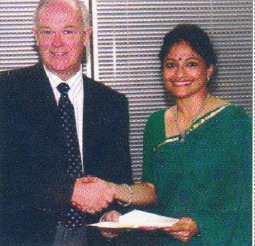By Rashmini Mather
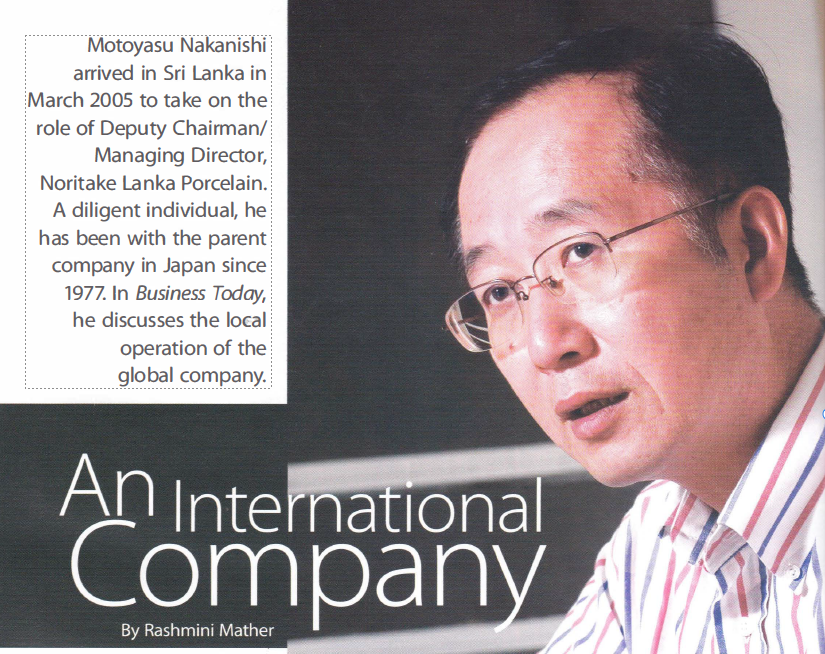
Albeit Noritake is best known in the Sri Lankan market for high-quality tableware, the century-old company that originated in Japan is also involved in other sectors. Today, Noritake specializes in various successful businesses, developing and selling diverse electronic and industrial products and technology, including quality display products, ceramic material and environmental engineering, in several countries.
Noritake Lanka Porcelain, a Board of Investment of Sri Lanka (BOI) approved company, was incorporated in 1972 as a joint venture with Lanka Ceramic Limited (formally Ceylon Ceramics Corporation) and Noritake Company Limited – Japan. Motoyasu Nakanishi, Deputy Chairman/Managing Director, Noritake Lanka Porcelain, explains that there were three key reasons for the strategic decision to set up a plant for Nori take porcelain manufacture in Sri Lanka.
“Sri Lanka was chosen as a manufacturing destination by Noritake primarily because we were invited by the Sri Lankan Government. Secondly, after conducting a comprehensive survey, it was identified that the labor here is educated and quick to learn. Thirdly, good quality raw material is readily available in the country,” he said. Today Noritake Lanka Porcelain has a head office in Colombo, a distribution network and two modern manufacturing plants in Sri Lanka. In fact, the company has the largest tableware manufacturing capacity in the country.
The extensive site in Matale houses the main factory, a retail outlet, a subsidiary company that produces corrugated cartons, an advanced research laboratory, housing for some staff, a medical center, banking facilities, and grounds for recreation.
Production is based on processes developed at the parent company in Japan, and involves stringent inspection and high quality control standards at every stage. International practices, including the ISO 9001:2000 based quality management system, are also in place.
An assortment of crockery and figurines in a variety of designs under the Noritake and Goldmark labels are manufactured at Matale. One million pieces of chinaware are produced here monthly. Almost 90% of the goods are exported, predominantly to the US market, while the Goldmark range is sold in Sri Lanka, lndia and the Maldives.
The smaller Noritake facility in Pannala, set up in 1977, is dedicated to hand painting porcelain, a complex and highly skilled process requiring intensive training and years of experience. Striking and highly prized, the exclusive collections created here are sold around the world.
The Pannala workshop also prepares original films for decals for Sri Lanka and Japan. (A decal is a special pattern paper printed with metal oxide pigments, which are transferred to the chinawc1re and, once fired, leave the respective design permanently stuck on to the surface.) Nakanishi said,” Amongst our overseas factories, we rate the Sri Lankan operation as the most successful. We are pleased with its progress.” He emphasized, “Noritake is utilizing the good workers in Sri Lanka. They are our biggest asset.” In total, there are over 1,200 people employed by Noritake Lanka Porcelain, many of whom have been trained in Japan. Furthermore, the parent company continually provides specialist knowledge and assistance, and technical advisors from Japan regularly visit the local facilities.
Some recent international trends that Nakanishi has observed in the porcelain industry are a move toward minimalism as well as functionality. “Household-ware sporting a simple design is very popular now. For instance, items with a simple platinum band design command 0’7c of the US market. Secondly, in addition to the traditional chinaware, there is a demand for casual-ware – practical crockery that is microwave oven safe, dishwasher safe, freezer and oven safe, etc.”
The majority of the designs for the brand’s elegant tableware are from Noritake’s Japanese designers residing in New York City or from Japan. In addition, certain designs are developed in Sri Lanka.
Speaking of the challenges faced by Noritake in Sri Lanka, Nakanishi said, “We do our best. However, there were some factors, such as the political situation in the country, which was beyond our control. The main aspect that affects our operation now is the increasing fuel cost. Yet all companies and industries have to work with this burden.”
When asked about whether limited raw materials in Sri Lanka are hindering Noritake’s business – a point highlighted in the local media in 2005 – Nakanishi said optimistically, “Yes, raw materials are not available in such huge supply as previously. But there are many more raw material sites that have not yet been exploited in this island. With the necessary consent, we would like to see these sites developed in the future.”
Nakanishi replied in the negative when asked whether Noritake would relocate any of its production centers to China, like many other global companies. He said, “China may be an advantageous location in the short term but we do not know the consequences in 20-30 years. Noritake currently does business with China but there are no plans to set up a manufacturing unit there.”
A theme Nakanishi feels strongly about is unity among the porcelain manufacturers in the country. He said, “There are a few major players in the domestic ceramic industry. We have to help each other. If we pool our resources together, the entire sector can develop and thus Sri Lanka will be recognized for its high quality porcelain products. We don’t want to be the only player here.”
Noritake Lanka Porcelain undertook a major expansion drive five years ago. But Nakanishi explains that in order to ensure high productivity and maintain cost efficiency, the equipment is checked and renewed on a regular basis.
“We are now aiming to cater to the higher-end market, so we are pursuing quality rather than quantity with our products,” Nakanishi said. The most important factor in ensuring product excellence, he identified, is “customer satisfaction.” He added, “We are not just selling chinaware; we’re selling services.”
“We are not a Japanese company or a Sri Lankan company. We are an international company,” Nakanshi emphasized. “Noritake has been in Sri Lanka for 33 years. We have no intention of moving from this island, and we plan to stay here for as long as possible.”
